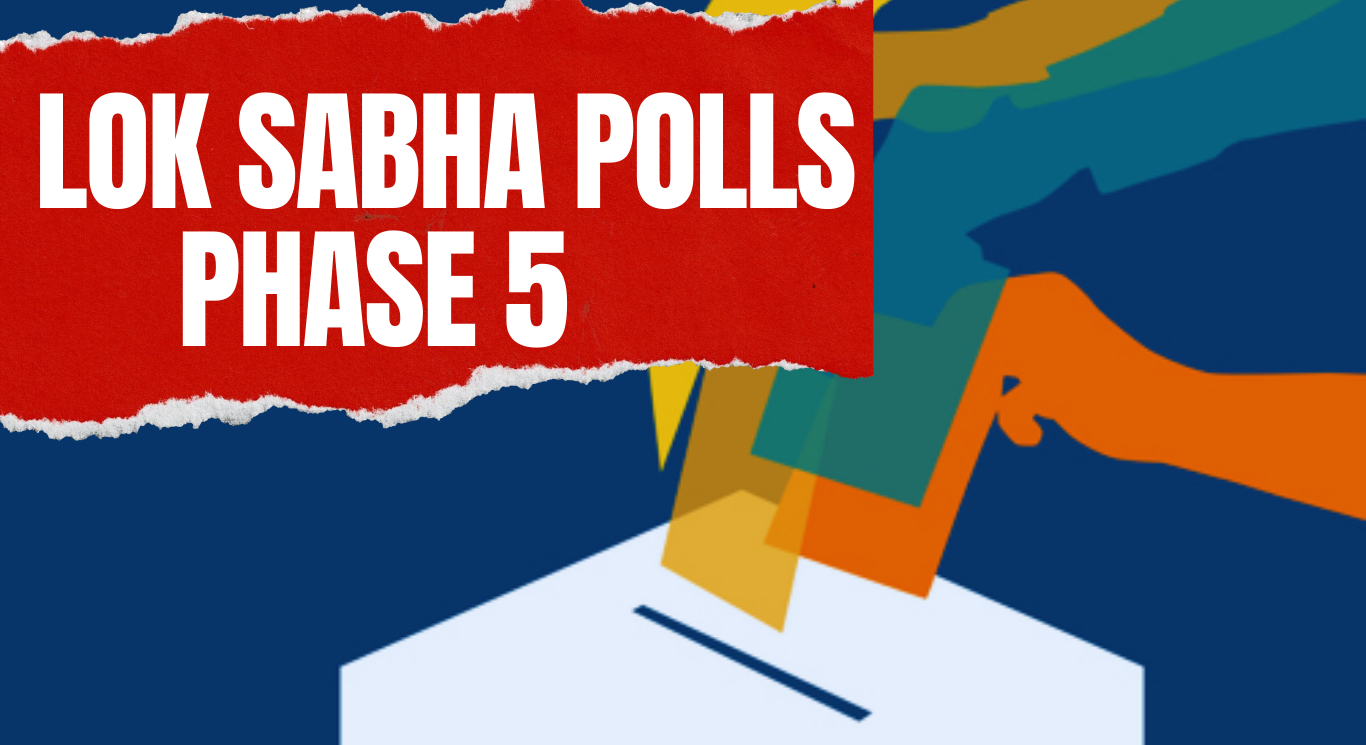










In the aftermath of the 2019 Pulwama terror attacks, former Pakistan Prime Minister Imran Khan, apprehensive of an impending Indian missile strike, made desperate attempts to reach out to Prime Minister Narendra Modi to prevent a full-blown military crisis, reveals a new book by Ajay Bisaria, the former High Commissioner to Pakistan.
Bisaria’s latest book, titled ‘Anger Management: The Troubled Diplomatic Relationship between India and Pakistan,’ discloses that Pakistan possessed credible information about nine missiles India had readied for launching into Pakistani territory.
“Pakistan requested India to refrain from this unprecedented act of aggression, considering it equivalent to open war. While Pakistan’s media reported the demarche on ceasefire violations by India, the revelation of the potential missile launch was held back that night but disclosed in a background briefing by ISPR on March 4, embellished with some details. Multiple media reports in March highlighted the conversations between India and Pakistan regarding the missiles, facilitated by global intermediaries,” Bisaria writes in his book.
With anticipation of an imminent Indian missile attack, Imran Khan, anxious and seeking to control the situation, urgently sought a midnight call with PM Modi. The call was arranged by then-Pakistani High Commissioner Sohail Mehmood, who contacted his Delhi counterpart.
“At around midnight, I received a call in Delhi from Pakistani High Commissioner Sohail Mahmood, now in Islamabad, who conveyed PM Imran Khan’s desire to speak with Prime Minister Modi. I checked upstairs and responded that our Prime Minister was not available at this hour, but if Imran Khan had any urgent message, he could convey it to me. No call back was received that night,” Bisaria recounts in his book.
These events unfolded a day after the Indian Air Force conducted Balakote airstrikes on terrorist hideouts in Pakistan on February 26, 2019, in retaliation for the Pulwama terrorist attack on Indian forces on February 14, 2019.
US and UK envoys in Delhi reportedly informed India’s foreign secretary overnight that Pakistan was prepared to de-escalate, act on India’s dossier, and earnestly address the issue of terrorism, as stated in the book.
Bisaria further notes that the next day brought breaking news that Khan had announced Pakistan’s decision to repatriate Wing Commander Abhinandan Varthaman, the IAF pilot captured after his plane went down in Pakistani territory, as a “peace gesture.” Bisaria describes the release of the Indian pilot as an outcome of India’s “coercive diplomacy.”
“India’s coercive diplomacy had been effective, with clear expectations from Pakistan and the world, backed by a credible resolve to escalate the crisis,” the book emphasizes.
In a later campaign speech, Prime Minister Modi remarked that Pakistan’s announcement regarding the pilot’s return was fortunate, averting a “Qatal ki Raat” or a night of bloodshed, as noted by the former diplomat in his book.









